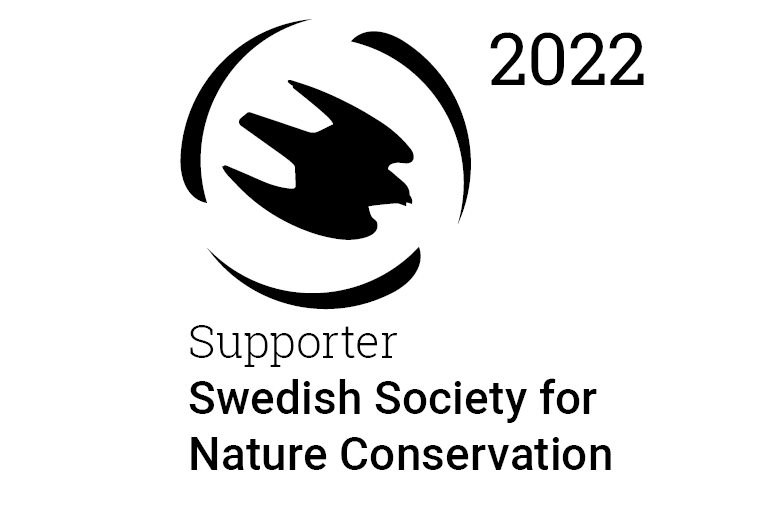- Home
- GPC Peru
Login
Forget Password
Peru has not adopted GHS and therefore any further enhanced policy for sound chemical management. Nonetheless, it was observed an activity increase related to the topic in the last years. Influenced by the regional and national trend, Peru published a sound management chemical bill in June 2020.
Peru intends to adopt GHS guidelines and implement an improved chemical management system on a single legislation. The “Regulation and Control of Dangerous Sub-stances and Similar for Domestic, Industrial and/or Public Health Use” proposes to create a national register of chemicals, establish the classification and labeling of substances, to impose health and environmental risk assessment process, and to provide for the risk management measures for substances that are hazardous to the environment, or are carcinogenic, mutagenic or toxic to reproduction. The draft also proposes certification to those intended to deal with chemicals (called sanitary authorization), which would have to be renewed every 3 years.
The regulation, under the Health Ministry’s custody, went under public consultation in September 2020.
News

Proposal to Update Permissible Limit Values for Chemical Agents in the Work Environment in Peru
Jul-08-2024
In an effort to protect the health of workers and update regulations in line with scientific and technological advances, the Peruvian Ministry of Health (MINSA) has announced a proposed revision of Annexes I, II, and III of the Regulation on Permissible Limit Values for Chemical Agents in the Work Environment, approved by Supreme Decree No. 015-2005-SA. The revision (Ministerial Resolution No. 454-2024-MINSA) is open for public comment for 15 days from 4 July 2024.
Background and Considerations
The proposal is based on File No. 2024-0103450, which includes reports from the Directorate General of Strategic Interventions in Public Health and the General Office of Legal Advice of MINSA. The initiative complies with several legal and regulatory frameworks, including the Political Constitution of Peru, ILO Convention No. 139 on Occupational Cancer and Andean Decision 584.
These frameworks require the State to regulate and protect the health of workers, particularly from chemical substances and carcinogenic agents, and to ensure a safe working environment.
Proposed Revision
Supreme Decree No. 015-2005-SA requires that the permissible limits be updated every two years to include new substances based on scientific progress. The Directorate General of Strategic Interventions in Public Health, through the Occupational Health and Disability Unit, has requested the publication of these updated projects in order to gather feedback from both public and private entities as well as the general public.
Publication and Consultation Procedure
The proposal will be published for fifteen calendar days in the Official Gazette El Peruano and the relevant electronic portals, allowing interested parties to comment on the proposed measures. This procedure is in accordance with the Regulation for the Publication and Dissemination of General Legal Norms, approved by Supreme Decree No. 001-2009-JUS.
Importance of the Update
Updating the permissible limit values for chemical agents is essential to reduce exposure risks and protect workers' health. This effort not only meets the legal and constitutional obligations, but also reinforces the Peruvian State's commitment to promoting a safe and healthy working environment.
Comments received during the consultation period will be evaluated for the final implementation of the updated values, ensuring that the regulations reflect the current needs and realities of the working environment.

New Regulation for Hazardous Substances to Take Effect in Peru on June 1 2024
May-24-2024
On December 2, 2023, the Peruvian government published Supreme Decree No. 031-2023-SA, approving the "Regulation for the Regulation and Oversight of Hazardous Substances for Domestic, Industrial, and Public Health Use." According to its final complementary provision this regulation will come into force on June 1, 2024, six months after its publication in the Official Gazette "El Peruano."
Key Aspects of the New Regulation
The new regulation introduces strict requirements for the authorization of disinfectants and pesticides used in domestic, industrial and public health settings. Additionally, it covers industrial chemicals and substances subject to the Prior Informed Consent (PIC) procedure.
The implementation of this regulation is a significant step in improving public safety and environmental protection in Peru. By establishing clear guidelines and oversight mechanisms, the government aims to ensure that hazardous substances are handled, used, and disposed of in a manner that minimizes risks to health and the environment.
Key aspects of the regulation include:
-
Authorization Requirements: All products classified as disinfectants and pesticides for domestic, industrial or public health use must obtain proper authorization. This ensures that only products that meet safety and efficacy standards are available on the market.
-
Industrial Chemicals: The Regulation also applies to chemicals used in industrial processes, ensuring that these substances are managed safely to prevent harm to workers, communities, and the environment.
-
PIC Procedure: For certain hazardous chemicals, the Regulation enforces the Prior Informed Consent (PIC) procedure. This international mechanism ensures that countries are informed about the import and export of hazardous chemicals and can consent or deny their entry, thus preventing unwanted and potentially harmful substances from entering the country.
Preparing for Compliance
As the June 1, 2024, implementation date approaches, companies and stakeholders involved in the production, distribution and use of these substances are advised to familiarize themselves with the new requirements and ensure compliance. The Peruvian government is expected to provide further guidance and support to facilitate the transition to this new regulatory framework.
Login
Forget Password
Global Product Compliance (GPC) specializes in Global Regulatory Compliance Solutions across sectors
globally. SSS Europe, a familiar name in chemical regulatory and compliance services now formally belongs
under the umbrella of GPC Holding Sweden.
Since 2008, we have emerged as one of the leading names among Global Regulatory Compliance Service
Providers with Representation services in Europe, Asia and Middle East for respective chemical
regulations.


